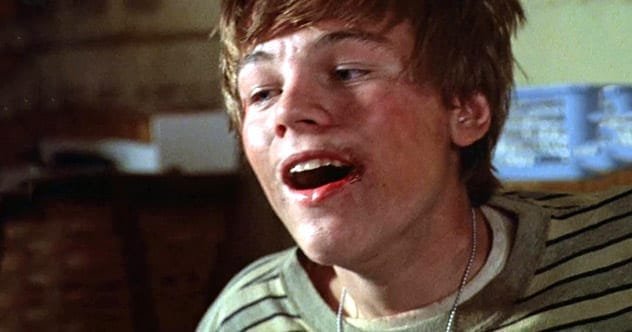We’ve all seen medical and mental health conditions depicted in movies and TV. But often, these portrayals are wildly inaccurate, leading to serious misunderstandings. Let’s look at ten mental disorders Hollywood gets totally wrong.
Amnesia
The classic scene: a character gets knocked out and wakes up with no memory. It’s a common trope, but it doesn’t accurately reflect amnesia. While memory loss can happen after trauma, it’s not always complete. Anterograde amnesia (inability to form new memories) and transient global amnesia are less known but also important. Plus, retrograde amnesia (loss of old memories) is usually gradual, not sudden like in the movies.
Narcolepsy
Often shown as just randomly falling asleep, narcolepsy is much more complex. It’s a neurological disorder with symptoms that vary. People with narcolepsy may experience extreme daytime sleepiness, sleep paralysis, hallucinations, and cataplexy (sudden muscle weakness). While there’s no cure, treatments can help manage these symptoms.
Sociopathy and Psychopathy / ASPD
Sociopathy and psychopathy, formally known as Antisocial Personality Disorder (ASPD), are often demonized. While people with ASPD may lie and manipulate, it doesn’t mean they’re all criminals or serial killers. ASPD exists on a spectrum, and many people with it live normal lives. Understanding and care are crucial.
Schizophrenia
Schizophrenia is perhaps the most misunderstood mental disorder. Often confused with Dissociative Identity Disorder (multiple personalities), it’s portrayed negatively in media. People with schizophrenia experience hallucinations, delusions, and disordered thinking. However, they are generally harmless and deserve respect and understanding, not fear.
Brain Injuries
Traumatic brain injury (TBI) ranges from mild to severe and involves physical damage to brain tissue. Movies often link it to amnesia, but memory loss isn’t always complete. Common symptoms include headaches, dizziness, and trouble speaking, not just mysterious personality changes.
Autism
Autism, or Autism Spectrum Disorder (ASD), is a neurodevelopmental condition with diverse symptoms. Autistic people may struggle with sensory input, social norms, or communication. Autism doesn’t mean a lack of emotion or super intelligence. Autistic people deserve respect, decency, and support.
Fibromyalgia
Fibromyalgia (FM) is characterized by chronic, widespread pain. Often portrayed simplistically, FM is more complex. Symptoms include tiredness, sleep issues, and mood problems. While there’s no cure, medications and stress reduction can help manage symptoms.
Depression
Depression is widely misrepresented. It’s a serious mental illness affecting millions, yet it’s often trivialized in media. More than just sadness, depression requires treatment and affects sleep, eating, work, and daily tasks.
OCD
Obsessive-Compulsive Disorder (OCD) is often portrayed as being quirky or overly tidy. In reality, OCD involves uncontrollable obsessions and compulsions that consume hours each day. Symptoms include intrusive thoughts, fears of contamination, and the irrational belief that something is “wrong” if not done a certain way.
Insanity
Insanity, craziness, and madness are terms popularized by films but have no real medical meaning. It’s an archaic term for severe mental illness, often used to explain extreme or immoral behavior. Mental illnesses should be understood better, not inaccurately depicted as metaphorical monsters.
Hollywood often misses the mark when portraying mental disorders. By understanding the reality behind these conditions, we can promote empathy and reduce stigma.
Leave your comment below and share your thoughts!










